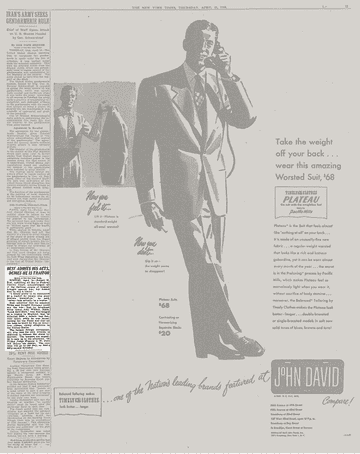When one contemplates the stark dichotomy of morality versus celebrity in contemporary society, one cannot help but be confronted by the troubling story of Michael Vick—a narrative that encompasses animal cruelty, rehabilitation, and the very essence of what it means to atone. Vick’s heinous actions, which culminated in the brutalization of defenseless animals, pose a critical question: can one truly repent for such acts of savagery? Can a person emerge from the shadows of their monstrous deeds, or must they forever be defined by them? As we peel back the layers of this societal scourge, it is paramount to dissect the implications of a figure so steeped in brutality attempting to reclaim their narrative in the court of public opinion.
To understand Vick’s admission of guilt, one must first delve into the shocking brutality he inflicted. The sordid details of the brutal dogfighting operations he ran reveal a monstrous appetite for violence, wherein innocent animals were subjected to grievous harms for mere sport. Dogs were not just trained to fight; they were tortured, neglected, and killed when deemed inferior. Such actions have elicited outrage from animal rights activists and animal lovers alike. It raises an insistent query: how can society allow a transgressor of this magnitude to re-enter the sphere of normalcy? What does this suggest about our collective value system, especially concerning the beings that rely on humanity’s compassion?
Herein lies the crux of the debate: Vick is often lauded for his subsequent years of community service and advocacy against dogfighting, heralded by some as a testament to the redemptive power of personal growth. But can one truly expunge the sinister actions of their past with token gestures? Can a few speeches and a handful of goodwill appointments counterbalance the abhorrent cruelty inflicted upon countless animals? One cannot help but sense the incongruity in society’s willingness to overlook such brutality in favor of a charismatic second act. Vick’s rehabilitation story, while compelling, sends a convoluted message about the consequences of animal cruelty and the thresholds for redemption.
But let us not dismiss the complexities of forgiveness. The concept of redemption is contentious, yet it aligns with the very essence of human morality. Each of us has the capacity for change, to redeem ourselves from the darkest corners of our psyche. In societies desperate to believe in transformation, we often find symbols of change that challenge our preconceptions. Vick’s ascent back into the limelight is indeed an affront to the very principles of justice for animals. Herein, one must acknowledge the challenge: If we can forgive a man who revelled in the brutality of dogfighting, what message does this convey to the victims of such cruelty? What does it say about our society’s commitment to animal rights? A dangerous precedent is set when we elevate individuals who have committed acts of violence against the most vulnerable among us, merely because they wear the veneer of remorse.
Consider the societal implications of pardoning someone like Vick. In an era when increased awareness permeates animal rights discussions, Vick’s second chance evokes introspection. As more individuals rally behind animal welfare, the ambivalence surrounding his return to the NFL raises critical issues about the moral fiber of the organizations that continue to uphold him. Are these organizations tacitly endorsing violence against animals to bolster their revenues? Is the allure of athleticism so potent that it erodes our ethical standards? The emotional toll on the animal community is profound, and the legal system also comes under scrutiny. The leniency shown toward perpetrators like Vick can lead to a wider culture of impunity, where cruelty becomes normalized.
What’s equally disheartening is our societal fascination with celebrity rehabilitation. Vick’s saga exemplifies the dissonance between accountability and absolution. If society can forgive Vick—as supported by a pervasive media narrative that telegraphs his ‘redemption’—what of the countless animals who haven’t been afforded a voice? When justice becomes malleable in the hands of societal idols, how do we prevent similar atrocities from recurring? The discourse surrounding criminal animal abuse must invariably shift from the realm of punitive action to preventive education. Failure here is not just personal; it reverberates through our collective conscience.
The true tragedy in the saga of Michael Vick is not merely the actions he took, but the repercussions his return signifies for societal attitudes toward animal violence. As a society, we must wrestle with the uncomfortable truths that lie at the intersection of compassion, justice, and celebrity. While some may argue for the power of transformation and rehabilitation, we must not allow this narrative to eclipse the grave injustices suffered by innocent beings. The challenge lies in maintaining an unwavering stance for justice, ensuring that it transcends mere rhetoric and transforms into actionable change. Let us muse upon a future devoid of animal brutality, a society fortified by a commitment to empathy and advocacy—because, after all, isn’t that the true measure of humanity?
